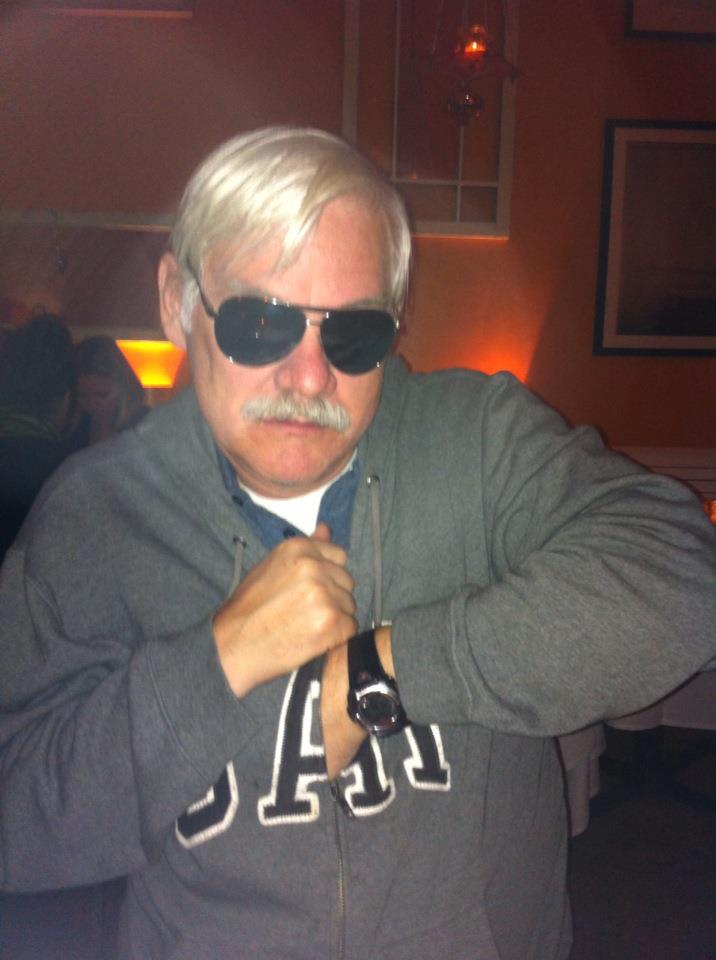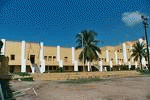Fidel Castro, My Life
A Spoken Autobiography
- Fidel Castro and Ignacio Ramonet
In many ways, it was only logical and fitting that Fidel Castro’s first major act of insurgency took place in the year 1953, the 100th anniversary of the birth of Cuba’s legendary hero, José Martí, father of modern day Cuba. José Martí has forever been immortalized in the annals of Cuban history for his dedication to the liberation of Cuba from under Spain’s colonial rule.
Just over a year prior to the attack, Cuba had been in the middle of presidential elections and the Orthodox Party, of which Castro was affiliated, had a huge lead over the other candidates and was expected to win the general elections. But on March 10, 1952, just three months prior to the voting, General Fulgencio Batista staged a coup d’état and overthrew President Carlos Prío Socarrás. Fidel had seen this coming and warned the Orthodox Party’s leaders weeks prior to the attack, but the party’s exploratory group tasked to verify his claims reported back that there was nothing to them. When the coup finally came, the party leaders preferred to keep silent rather than rock the boat.
Fidel Castro was first attracted to the Orthodox Party through its founder, the Cuban radio legend, Senator Eduardo Chibás. For years Senator Chibás used his radio show to denounce corruption, cronyism, and gangsterism rampant throughout the federal government. But Chibás committed suicide the summer of 1951, and those who took over the party he created had no desire to go against Batista and his known ties to the US. Fidel became increasingly frustrated and set out to take up the struggle on his own.
By this time, 1953, Fidel Castro had become a well-known people’s lawyer who constantly fought for the poor in court and refused to accept any remuneration from them. When the rampant apathy of the Orthodox Party and others became apparent, he knew he had to break away and do things on his own. He eventually commanded over 1,000 people; gathered hundreds of small weapons and with the help of other major figures in his group, forged a very meticulous plan to overtake the Moncada military barracks in the southern city of Santiago de Cuba. And in a stunning display of sheer military satire of the highest order, Fidel actually had all his insurgents dress in sergeant’s uniforms to mock the infamous Sergeant’s Revolution which had brought Batista to power in 1934.
Unfortunately, Castro was still not familiar with Murphy’s Law, and on the morning of the attack, he quickly found that their wonderfully conceived plan of attack was doomed to failure. The 160 or so insurgents committed to that battle saw things go awry almost from the very first moments. The surprise attack had been planned to catch the soldiers fast asleep, but it had stalled before they could reach their first objective of capturing the barracks and his troops had to take cover before they could even reach them. Things just went downhill after that.
Even at this early stage of commanding, however, Fidel’s agile, tactical mind surveyed the entire battle scene and the blunders his men were creating. Those that entered one building by mistake he rushed to correct. A sniper with a machine gun on one of the rooftops ready to rain death on his troops never got one shot off. Fidel, while commanding his troops during the battle, took potshots at the marksman whenever he tried to set up his gun to shoot. Forced to move from one location to another in ever increasing frustration the sniper finally gave up and disappeared.
Even younger brother Raúl performed heroically. When he and a few others were captured from behind by a captain of the army and several troops, his fast action and bold reflexes turned the tables. While the others were dropping their weapons as ordered and raising their hands, Raúl noticed that the captain’s hand was shaking and grabbed it, removing the gun and taking the captain hostage. Now it was the soldiers’ turn to lay down their weapons.
Seeing the battle moving in the wrong direction despite losing only five people, Fidel called on his troops to retreat from the scene. Once they were back at their headquarters, it became obvious that Fidel and the other leaders needed to disappear and quickly. Though he would eventually be captured, Fidel took mental note of the errors of that day and vowed never to repeat such mistakes again.






